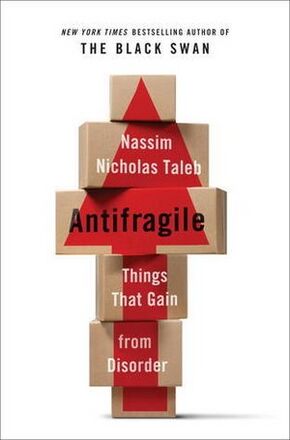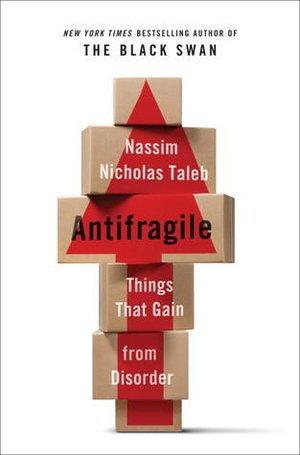Antifragile: Things That Gain from Disorder
Appearance

| |
| Display Title | Antifragile |
|---|---|
| Subtitle | Things That Gain from Disorder |
| Type | Book |
| Author/Creator | Nassim Nicholas Taleb |
| Topics | Adversity, Grit & Resilience, Systems Thinking, Mindset, Risk Management |
| Status | Published |
| Featured | Yes |
| Owner | Admin |
| Description | Nassim Taleb explains how some systems actually get stronger when stressed and how to build antifragility into your life and business. |
